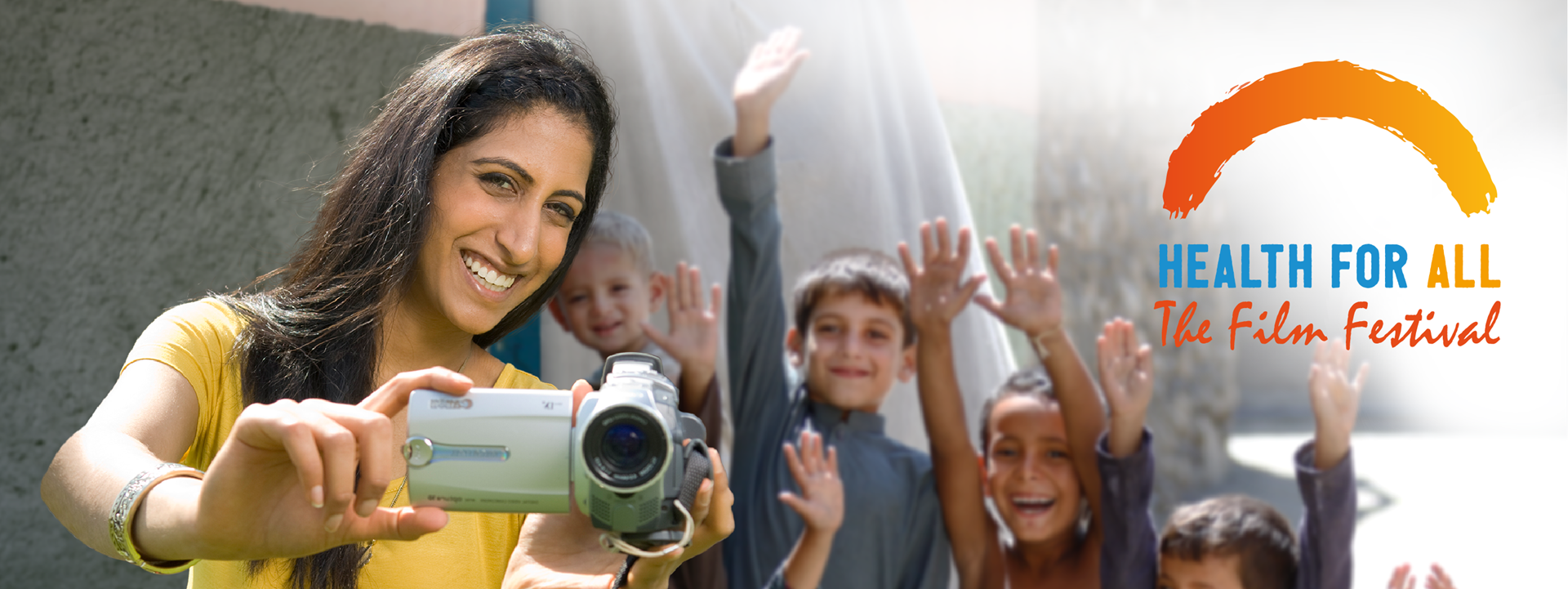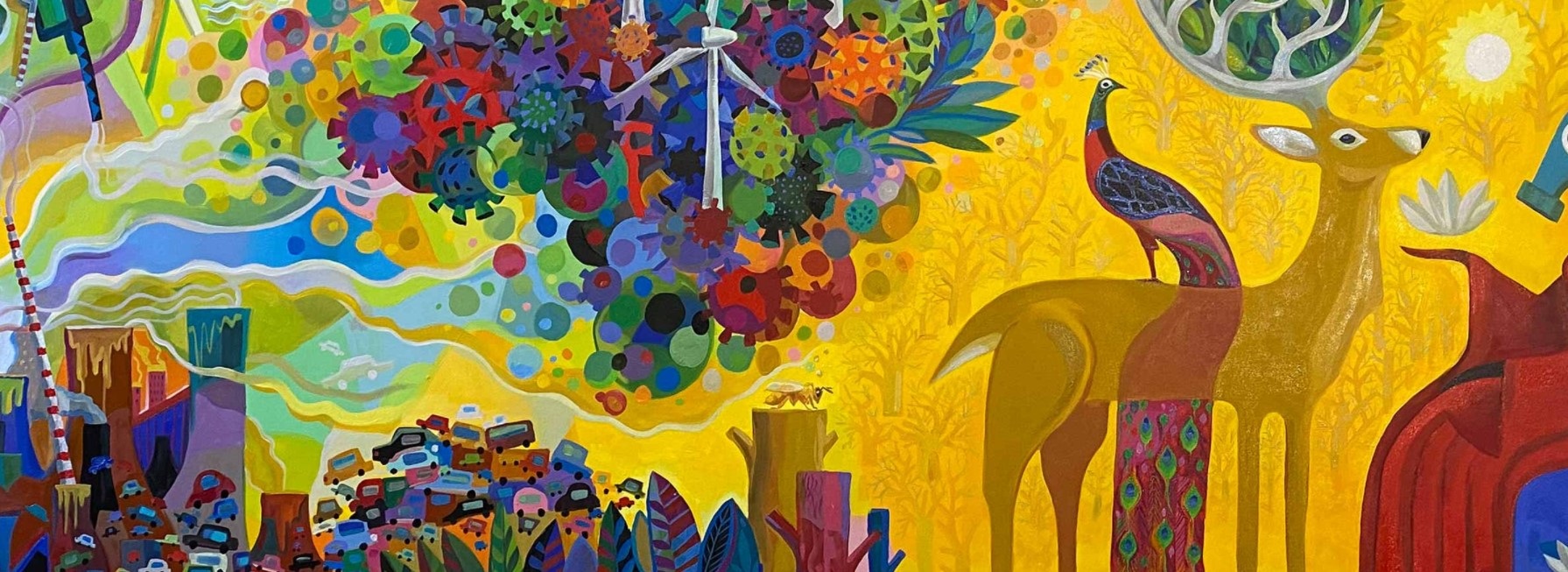
World Health Day 2022
7 April 2022
Our planet, our health
Are we able to reimagine a world where clean air, water and food are available to all?
Where economies are focused on health and well-being?
Where cities are liveable and people have control over their health and the health of the planet?
Our political, social and commercial decisions are driving the climate and health crisis. Over 90% of people breathe unhealthy air resulting from burning of fossil fuels. A heating world is seeing mosquitos spread diseases farther and faster than ever before. Extreme weather events, land degradation and water scarcity are displacing people and affecting their health. Pollution and plastics are found at the bottom of our deepest oceans, the highest mountains, and have made their way into our food chain. Systems that produce highly processed, unhealthy foods and beverages are driving a wave of obesity, increasing cancer and heart disease while generating a third of global greenhouse gas emissions.
While the COVID-19 pandemic showed us the healing power of science, it also highlighted the inequities in our world. The pandemic has revealed weaknesses in all areas of society and underlined the urgency of creating sustainable well-being societies committed to achieving equitable health now and for future generations without breaching ecological limits. The present design of the economy leads to inequitable distribution of income, wealth and power, with too many people still living in poverty and instability. A well-being economy has human well-being, equity and ecological sustainability as its goals. These goals are translated into long-term investments, well-being budgets, social protection and legal and fiscal strategies. Breaking these cycles of destruction for the planet and human health requires legislative action, corporate reform and individuals to be supported and incentivized to make healthy choices.
Climate crisis is a health crisis
Air pollution impacts our health and the planet
Tobacco kills humans and pollutes the planet
Health for all





























